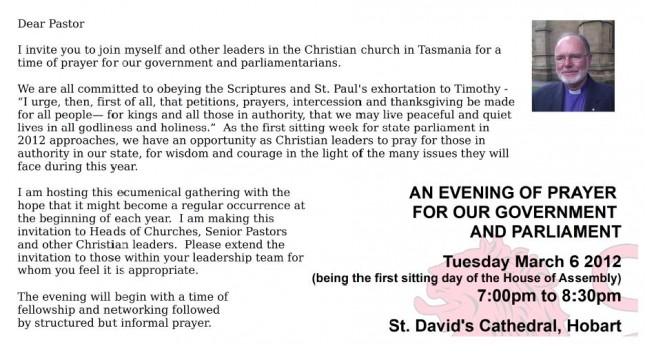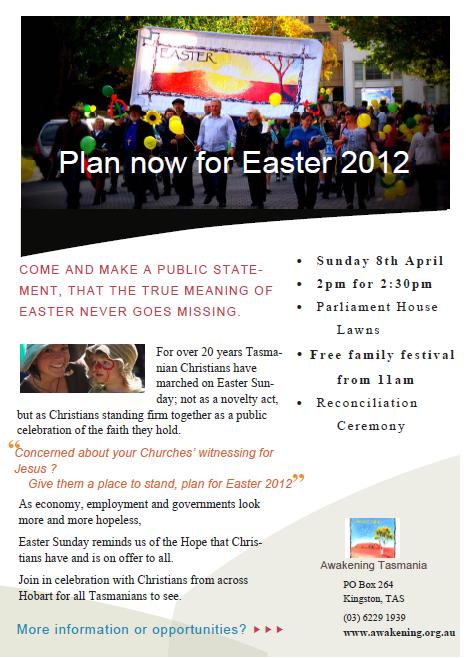‘Mandatory indefinite detention’ describes Australia’s refugee policy.
“Mandatory”: This means that refugees coming to Australia must, must, must be put in detention – everybody entering Australia until given a visa or removed from the country.
“Indefinite”: A refugee could be in detention for the rest of their life. A person innocent of any offence could be kept in detention for the rest of his life. (Upheld by the High Court of Australia.)
Example of persecution: Shia Muslims hold hands with palms upwards in prayer. Sunni Muslims hold hands at their side or folded across their front. Therefore the Taliban can identify Hazara Muslims who have Shia practices and as Hazara are considered infidels by the Taliban they are killed.
Definition of a refugee:
A refugee is a person who owing to well-founded fear of being persecuted for reasons of race, religion, nationality, membership of a particular social group or political opinion, is outside the country of his nationality and is unable or, owing to such fear, is unwilling to avail himself of the protection of that country; or who, not having a nationality and being outside the country of his former habitual residence as a result of such events, is unable or, owing to such fear, is unwilling to return to it.
UNHCR 1951 Convention relating to Refugees, http://www.unhcr.org/3b66c2aa10.html
The most important word here is that a refugee is a person
A Christians we know that God made and loves all people. Therefore refugees deserve our highest support.
Refugees are people fleeing persecution.
Boat people are also people and moreover people fleeing persecution.
Refugees’ persecution has often been so severe that they do not speak of it and then immigration officials can decide that because the refugee did not readily speak of their persecution it did not happen and deny then release in Australia.
Identity documentation is difficult to prove but sometimes when asylum seekers do come with identity documents then Australian officials may think that the asylum seekers’ government has not been concerned about them and therefore they are not in danger in their home country and therefore do not qualify as refugees.
The majority of asylum seekers are genuine.
Correcting some wrong statements about asylum seekers:
- It is not illegal to seek asylum
- There is no queue. Many places do not have United Nations’ offices.
- Asylum seekers are not seeking a better life. They want to be safe.
- Detention is not a deterrent. Detention does not deter asylum seekers.
- Refugees are often educated and wealthy. Not all refugees are poor.
- Over 80% of boat arrivals to Australia were found to be refugees in 2009-2010.
- Just 3% of immigration was ‘boat people’.
So what are we afraid of?
Fear can be overcome as we hear the stories of refugees. This is the experience of the Anglican community with the asylum seekers in the Pontville Detention Centre in 2011-12. Do you know my story? – How can we make good use of Refugee Sunday and Harmony Day?
What more can be done by Anglicans?
Action: Worship, Community, Schools, Family, Advocacy, Outreach.
Advocacy issues:
- Detention or community?
- Temporary Protection Visas?
- Family reunion.
- Children in detention.
- Border protection.
- Onshore or Offshore Processing?
- Negative Security Assessments- life sentence.
- Persecuted Christians.
Action:
Encourage Anglican families to become carers of children who are refugees.
Resources
The Asylum Seeker Resource Centre, http://www.asrc.org.au/
“Between the Devil & the Deep Blue Sea” DVD –soon available.
People: Jess Taylor, Foley’s List and Libby Hogarth, Australian Migration Options Pty Ltd are committed to mercy and justice for asylum seekers and refugees.
Also, Asylum Seekers: A Christian Approach


